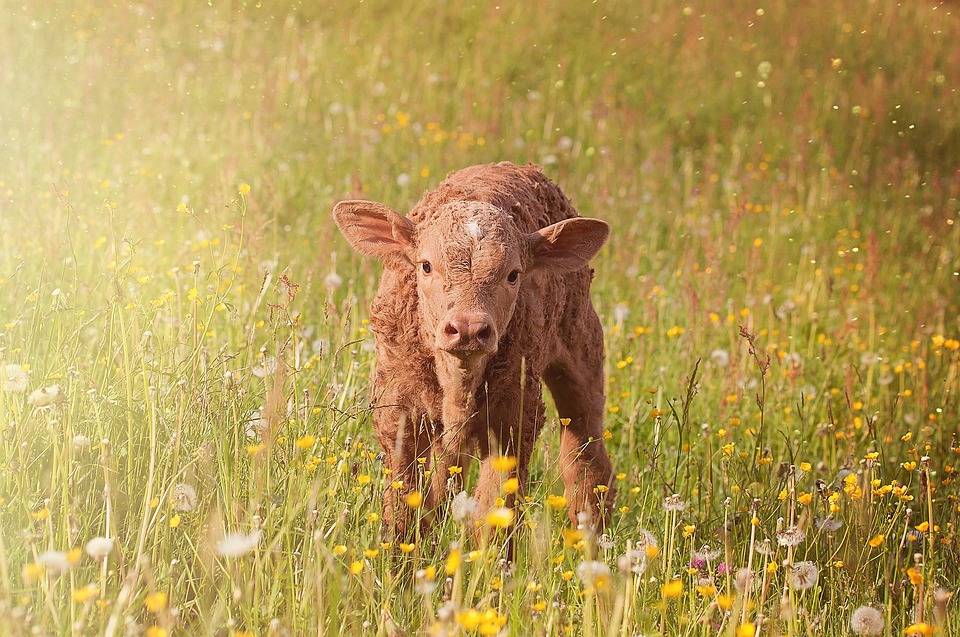The refrigerator is a great tool for keeping food fresh and preventing spoilage, but there are certain types of food that should not be stored in the refrigerator. Some of these items are better stored at room temperature or in a cool, dark pantry. Here are some examples of foods that should not be stored in the refrigerator:
Tomatoes – Tomatoes can lose their flavor and texture when stored in the refrigerator. They are best stored at room temperature, away from direct sunlight.
Onions – Onions can absorb the flavors of other foods in the refrigerator and become soft and moldy. They are best stored in a cool, dry place with good ventilation.
Potatoes – Potatoes can develop a sweet taste and a gritty texture when stored in the refrigerator. They are best stored in a cool, dark pantry.
Avocados – Avocados can ripen too quickly in the refrigerator and become mushy. They are best stored at room temperature until they are ripe, and then can be stored in the refrigerator for a few days.
Bananas – Bananas can turn black and mushy in the refrigerator. They are best stored at room temperature until they are ripe, and then can be stored in the refrigerator for a few days.
Bread – Bread can become stale and dry in the refrigerator. It is best stored in a breadbox or a cool, dark pantry.
Honey – Honey can become crystallized and hard in the refrigerator. It is best stored at room temperature in a tightly sealed container.
Melons – Melons can lose their flavor and texture when stored in the refrigerator. They are best stored at room temperature until they are ripe, and then can be stored in the refrigerator for a few days.
Coffee – Coffee can absorb the flavors of other foods in the refrigerator and become stale. It is best stored in an airtight container at room temperature.
Olive oil – Olive oil can become cloudy and solidify in the refrigerator. It is best stored in a cool, dark pantry.
In conclusion, while the refrigerator is an essential tool for food storage, it is important to keep in mind that certain foods should not be stored in it. Storing these foods at room temperature or in a cool, dark pantry will help to preserve their flavor, texture, and shelf life.












